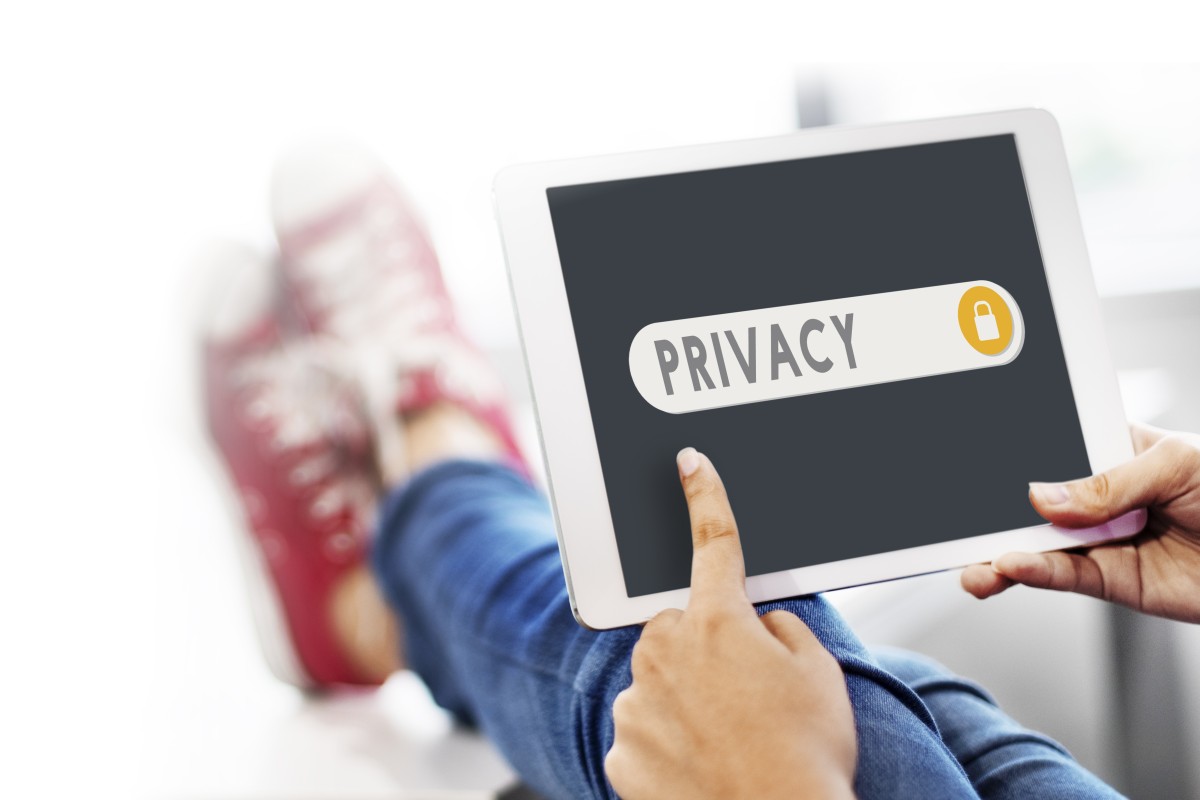
How to stay safe on social media and the internet: 5 tips to avoid identity theft and other dangers
Young Post talks to a Chinese University professor of information engineering for ideas on how to protect your privacy when posting online

You can really learn a lot about a person from their social media accounts – which is why it is so important to be careful with how you use yours. One wrong click and you could be giving away information such as your passwords or current location that can put you in danger.
Young Post spoke to Lau Wing-cheong, assistant professor of Chinese University’s department of information engineering, for tips on how to protect yourself and your personal information.
5 social media detox tips that will make you want to switch off your phone and go outside
Choose your friends and followers wisely
Always be aware of who your friends and followers are on social media, and be selective with them, especially if you tend to share a lot of personal information and photos or videos online.
Lau reminds us that leaving the “Nearby Friends” function on in Facebook allows all your “friends” who are using the function at the same time to know your precise location. This becomes problematic when you are “friends” with strangers or acquaintances you barely know.
Take charge of your privacy settings
If you are in the habit of posting your every action on your social media accounts, it is important to make sure your privacy settings are in order.
“There was a story in the news about a person who was robbed after posting screenshots of his running trail on Instagram,” Lau says, adding this wouldn’t have happened if that person hadn’t made his exercise route public.
So before you share your travel pictures or check into places you visit, make sure only people you know and trust can see where you are and what you’re doing. You don’t want to risk your safety for the fun of geotagging.
Avoid identity theft
Be mindful when sharing photos of yourself online. Social media challenges like the recent “10 Year Challenge” may be fun, but it also makes it easier for people to steal your identity and create fake accounts. The more photos an imposter has of you, the more credible they appear, Lau explains.
In addition, Lau advises readers to not underestimate the risk of making your posts on Facebook visible to “friends of friends”.
“You never know if your friends have a lot of Facebook friends whom they’ve never met in real life,” says Lau.
“If that is the case, you might be revealing sensitive personal information to potential perpetrators.”
The risks of linking apps to your social media accounts
A lot of apps you install on your phone allow you to create a new log-in account through one of your existing social networking accounts, such as Google or Facebook.
While we all love how convenient that is, Lau points out that many of us mistakenly assume that these single sign-on authentication processes are secure because they are authorised by big corporations.
“In fact, security mainly depends on the application’s credibility. For instance, if the application was created by inexperienced app developers, there might be security loopholes, which allow hackers to access users’ information in the app.”
Talking Points: Is the use of facial recognition a breach of people's privacy?
Think before you share
“Every move you make on the internet is monitored and recorded. When these activities are tracked and gathered, they can reveal a lot of things about you,” Lau says. “So think twice before you click.”
In case you’re not sure whether you should post something online, Lau’s advice is to ask yourself if you would feel embarrassed, or if it would be problematic, for the content to go public. “If you answer a yes, don’t post it ... because once it is leaked to the public, it might never disappear.”
He also recommends that YP readers get other people’s permission before uploading pictures of them, especially if they contain pictures of children or someone’s home, neighbourhood, school, or workplace.
